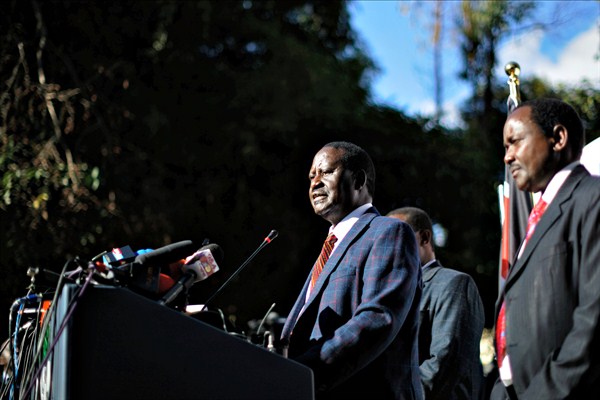Kenyans breathed a sigh of relief this week. Despite a bitter presidential election, including isolated violence, their worst fears were not realized. Although friction still lingers, Kenya’s election on Aug. 8 went relatively smoothly and was praised by teams of election monitors from the African Union, the United States and the European Union.
Memories of the 2007 elections, when widespread electoral fraud and a disputed outcome led to chaos, are still fresh in the minds of Kenyans. More than 1,000 people died in that post-election violence; hundreds of thousands were displaced. There was no repeat this year, despite a few tense days and pockets of bloody protest. Instead, a week after President Uhuru Kenyatta was handed another five-year term in office, shops in Nairobi are open and life is returning to normal.
“Kenyans have said that the election is behind them,” Kenyatta insisted over the weekend, after he was declared the winner with 54 percent of the vote. “The majority have returned to work.”

